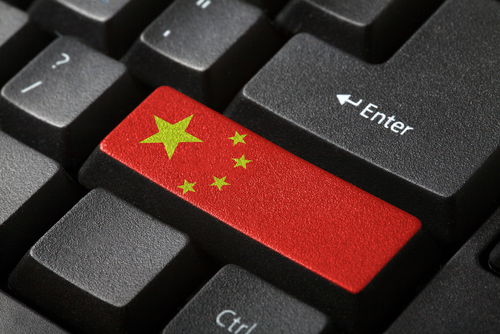Google Staffers Urge Cancellation Of Project Dragonfly

Open staff letter calls on search giant to abandon attempts to create censored search app for Chinese market
The pressure on Google halt development of a controversial search app for the Chinese market continues with the publication of an open letter.
The letter is currently signed by 139 Google employees, and more will be added as the signatures are received.
Google for the first time publicly confirmed the existence of ‘Project Dragonfly’ in September this year, and comes after an internal petition from “hundreds of staff” calling for more transparency and oversight of the project.
![]()
Censored searches
The secret project was unearthed after the Intercept in early September alleged Google was seeking to re-enter the Chinese market with an Android search app that would blacklist content deemed unacceptable by Chinese authorities.
That decision to develop a mobile search app (Project Dragonfly) for China is hugely controversial, as it opens the firm up to allegations of supporting state censorship.
Alphabet’s chief executive Sundar Pichai has reportedly confirmed in an internal meeting that Google was not close to launching a search engine app in China, but Pichai did apparently confirm the firm is developing the app, and that “providing more services in that country fits with Google’s global mission.”
But many staff feel that the development of the controversial app would violate Google’s “don’t be evil” clause in its code of conduct.
And now Google staffers are signing an open letter about this.
“We are Google employees and we join Amnesty International in calling on Google to cancel project Dragonfly, Google’s effort to create a censored search engine for the Chinese market that enables state surveillance,” the letter reads.
Repeated calls
“We are among thousands of employees who have raised our voices for months,” the letter said. “International human rights organisations and investigative reporters have also sounded the alarm, emphasizing serious human rights concerns and repeatedly calling on Google to cancel the project. So far, our leadership’s response has been unsatisfactory.”
“Our opposition to Dragonfly is not about China: we object to technologies that aid the powerful in oppressing the vulnerable, wherever they may be,” the letter reads. “The Chinese government certainly isn’t alone in its readiness to stifle freedom of expression, and to use surveillance to repress dissent. Dragonfly in China would establish a dangerous precedent at a volatile political moment, one that would make it harder for Google to deny other countries similar concessions.”
“Our company’s decision comes as the Chinese government is openly expanding its surveillance powers and tools of population control,” it said. “Dragonfly would also enable censorship and government-directed disinformation, and destabilize the ground truth on which popular deliberation and dissent rely.
“Many of us accepted employment at Google with the company’s values in mind, including its previous position on Chinese censorship and surveillance, and an understanding that Google was a company willing to place its values above its profits,” the letter said. “After a year of disappointments including Project Maven, Dragonfly, and Google’s support for abusers, we no longer believe this is the case. This is why we’re taking a stand.”
Chinese issues
China of course is widely considered to have one of the most repressive Internet censorship schemes in the world, which is designed to prevent criticism of the ruling Communist Party and suppress dissent and other information deemed dangerous to the state.
It should be remembered that Google effectively retreated from the Chinese market in 2010 and its websites and services remain blocked in that country, after it refused to abide by its censorship rules.
Google at the time accused Chinese-based hackers of carrying out a number of attacks on the Gmail accounts of human rights activists. That triggered a huge political row between America and China in 2011.
Quiz: Are you a Google expert?